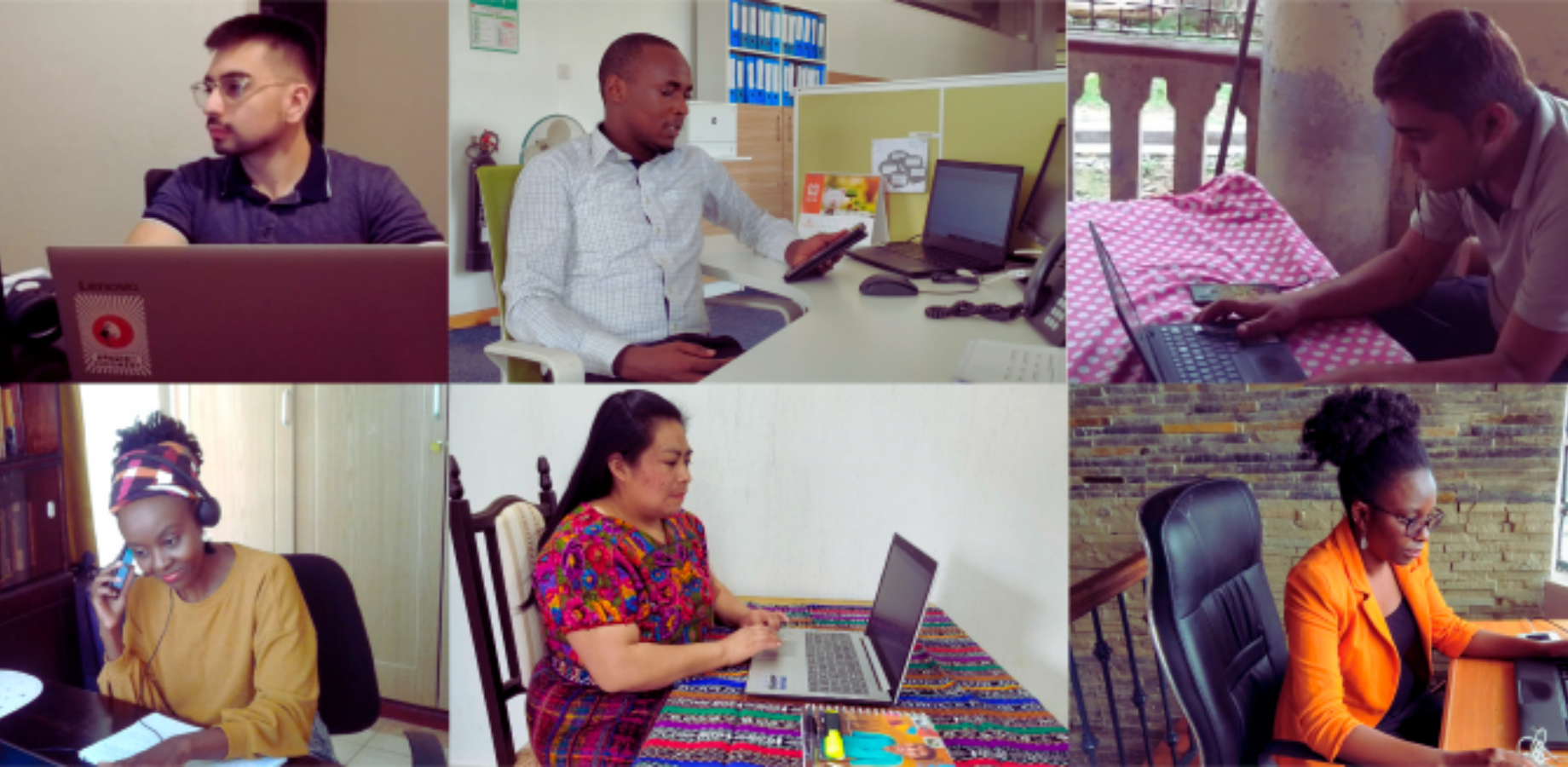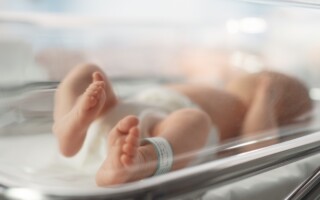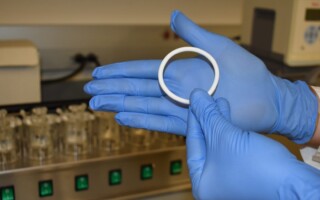
The COVID-19 pandemic exposes the vulnerabilities of the world’s public health preparedness and inequalities that exist in our society. While its profound impact on public health, the economy, and society as a whole are not yet known, the pandemic is not discriminating and affects each person around the world in some way. However, past health emergencies show that those who are most vulnerable to and likely to bear the biggest burden of COVID-19 are those who live in poverty and crowded urban settings, especially women and girls, migrants and refugees, people with disabilities and poor health conditions, and gender minority groups.
Policymakers also need evidence on behavioral and biomedical interventions during and after the pandemic to reduce the devastating impact, especially on the most vulnerable communities.
The Population Council’s global and in-country epidemiologists, laboratory scientists, public health specialists and researchers, evaluation experts, and data analysts produce relevant and timely evidence to support policymakers to control the spread of coronavirus; evaluate the effectiveness of prevention and mitigation measures; and assess immediate and longer-term health, social, and economic effects of the pandemic.
The Council’s scientists span health, education, and economic sectors and are experts in clinical and formulation research and research methodologies, including randomized controlled trials, household surveys, predictive modeling, systematic reviews and meta-analyses, and implementation science. We partner with national health ministries, government agencies, and international nongovernmental organizations in the United States, sub-Saharan Africa, South Asia, and Latin America. Our biomedical laboratories, and regional and national presence, including long-standing global offices, allow us to share knowledge, resources, and insights to inform the national and international response effort.
To contribute to the immediate COVID-19 pandemic response, we:
- Gather social and behavioral data remotely utilizing innovative mobile technologies and conducting rapid analysis leveraging existing studies of populations in Guatemala, India, Kenya, and Zambia
- Conduct secondary data analysis of existing data to draw lessons from the HIV and Ebola epidemics and humanitarian crises to identify best practices for prevention, control, and mitigation strategies
- Assess social and behavioral campaigns and interventions related to public health messages and social distancing to help others understand their level of awareness of COVID-19 symptoms and perceptions of risks and fear among vulnerable populations
- Identify the needs of vulnerable populations and evidence on what works to guide a response effort that is inclusive and equitable, including women and girls, migrants and refugees, people with disabilities and poor health conditions, and gender minority groups
- Explore the potential of a protein the Council has developed for HIV prevention to protect the upper respiratory tract from coronaviruses. Read more about the Council’s work with Griffithsin as an antiretroviral microbicide
- Publish COVID-19 research in our scholarly journals.
The Council continues to expand efforts to support global, national, and local health authorities in their COVID-19 response effort and provides key social, behavioral, and biomedical data and evidence.




